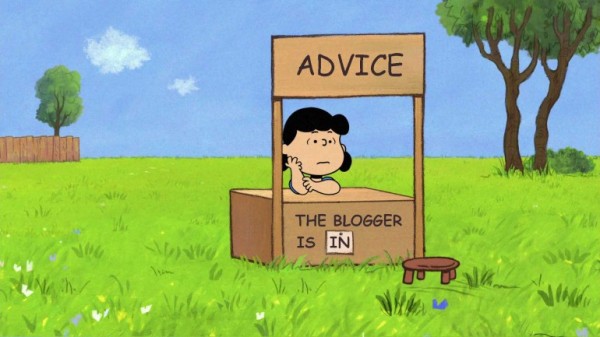What would you advise a friend to do?
It turns out that the advice we give our friends is often very different to the advice we follow ourselves, according to a 2011 article published in the Journal of Marketing Research1. In a study carried out by Schwartz, Luce and Ariely, participants were split into two groups.
The first group were given a scenario in which their family doctor of long standing informed them of a serious diagnosis. They were then asked whether they would ask the doctor for a referral so they could seek a second opinion.
Group 2 were told of a similar scenario, where a good friend was given a serious diagnosis from his/her family doctor and came to them for advice about whether or not the friend should seek a second opinion.
The results were very interesting. Most of the first group would not request a referral – they wouldn’t want to offend their doctor, even for a potentially high health risk! Most of the second group would tell a friend to definitely seek a second opinion.
It turns out, it’s really just a simple matter of perspective. It’s hard to be your own adviser because you’re too close to your own problems, and so your emotions are more likely to cloud your judgement. It’s much easier to identify the most rational course of action, when one has an outsider’s vantage point.
As humans, when faced with a particular situation, we tend to take a lot of irrelevant factors into account.
The best advice, then, when faced with a difficult choice, is not to think, “what should I do?”, but rather to think, “what would Pete/Jane/Dad/[insert name here] tell me to do?”
On that note, feel free to reach out to me for advice! (*Disclaimer – indemnities may apply…)
1- Are Consumers Too Trusting? The Effects of Relationships with Expert Advisers – Schwartz, J; Luce, MF; Ariely, D – Journal of Marketing Research – Volume 48 / Special Issue


Leave a Reply